Hurricane Daniel was triggered by a phenomenon scientists call “Medicane.” The storm gained enormous energy from extremely warm ocean waters. Warmer air can hold more water vapor, increasing the amount of rain that falls.
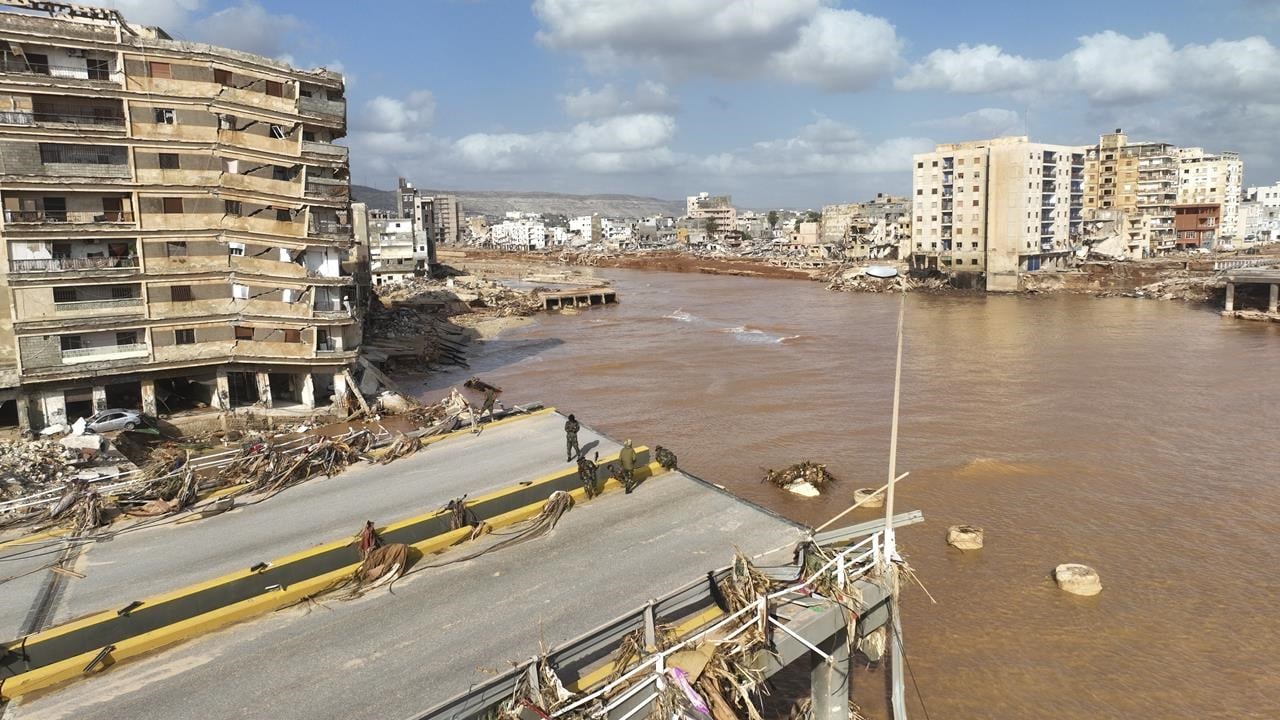
Storm Daniel left heavy damage in Libya. Photo: LT
It's hard to immediately conclude that an extreme weather event is due to climate change, "but there are certainly factors that could be influencing it," said Kristen Corbosiero, an atmospheric scientist at the University at Albany.
Generally, "Medicanes" are not true hurricanes, but can reach hurricane strength in rare cases, said Simon Mason, chief climate scientist at the Columbia University School of International Research on Climate and Society.
Storm Daniel formed as a low-pressure weather system a week ago and was blocked by a high-pressure system, which brought heavy rain to Greece and surrounding areas, before hitting Libya.
Raghu Murtugudde, a professor at the Indian Institute of Technology, said warming waters also slow down cyclones, allowing more water to fall.
Furthermore, he said, human activity and climate change “are creating complex impacts on storms.” Floods in Greece were made worse by wildfires and loss of vegetation, and catastrophic flooding in Libya was made worse by poorly maintained infrastructure.
Dams burst outside the eastern Libyan city of Derna, triggering flash floods that are feared to have killed thousands. Hundreds of bodies were recovered on Tuesday and 10,000 people are believed to be missing, after floodwaters surged through dams and swept away entire neighborhoods in the city.
Hurricane Daniel is a unique phenomenon that is of interest to global experts, said Jennifer Francis, senior scientist at the Woodwell Center for Climate Research.
Karsten Haustein, a climate scientist and meteorologist at the University of Leipzig in Germany, cautioned that scientists have not had enough time to study Storm Daniel yet, but noted that the Mediterranean this year is 2 to 3 degrees Celsius warmer than usual.
And while the weather patterns that shaped Daniel would have occurred even without climate change, the consequences probably wouldn't have been as severe as they are today.
“In a cooler world , Hurricane Daniel probably wouldn’t have developed so quickly,” she said. “And it wouldn’t have hit Libya with such devastating force.”
Quoc Thien (according to AP)
Source





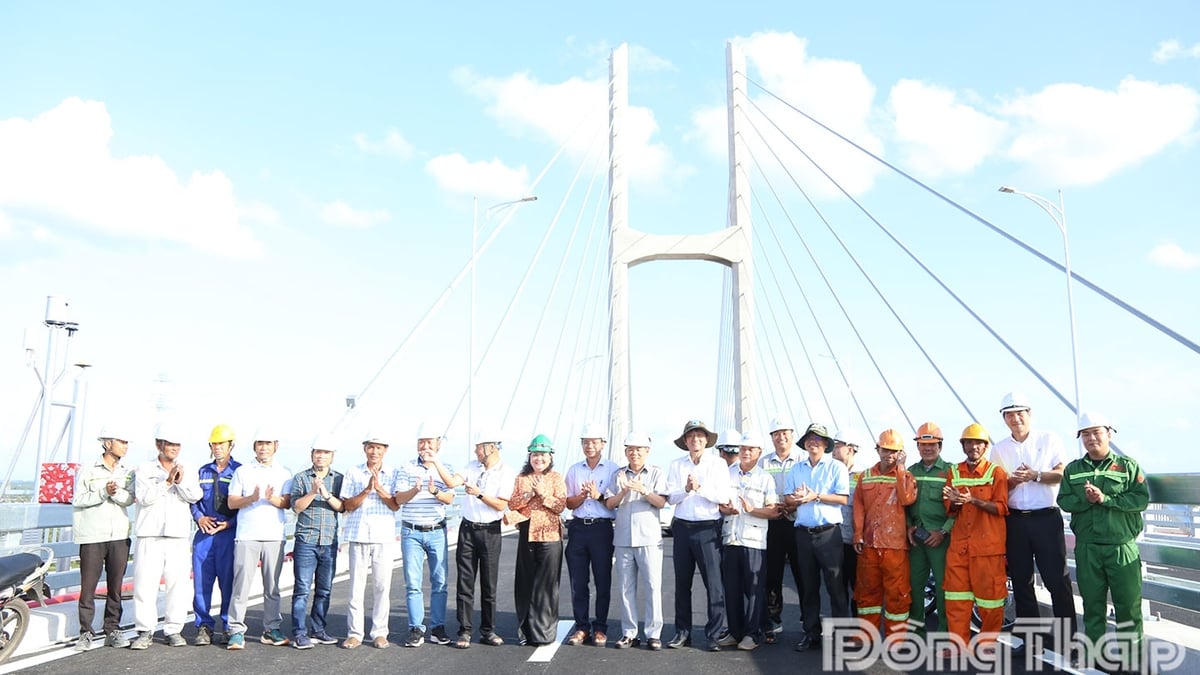




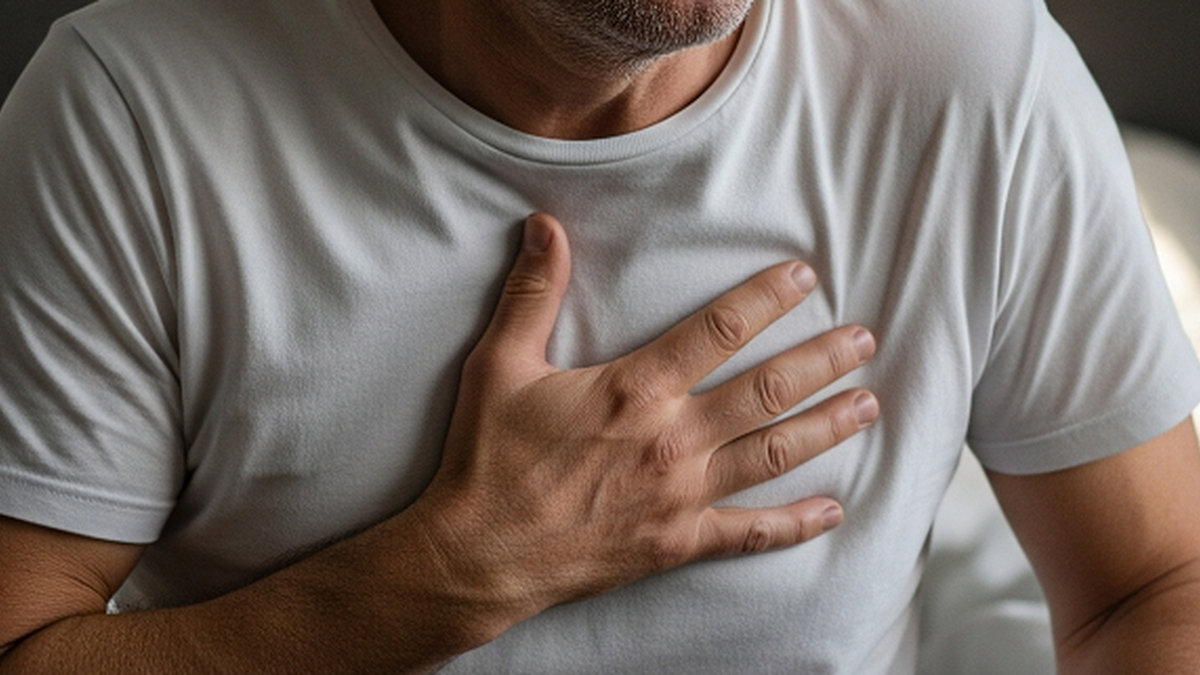




























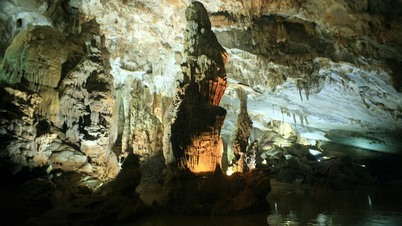

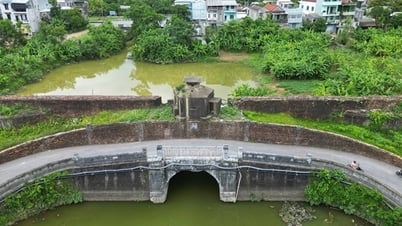




































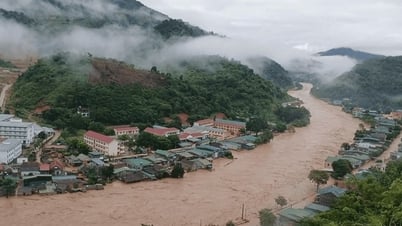























Comment (0)